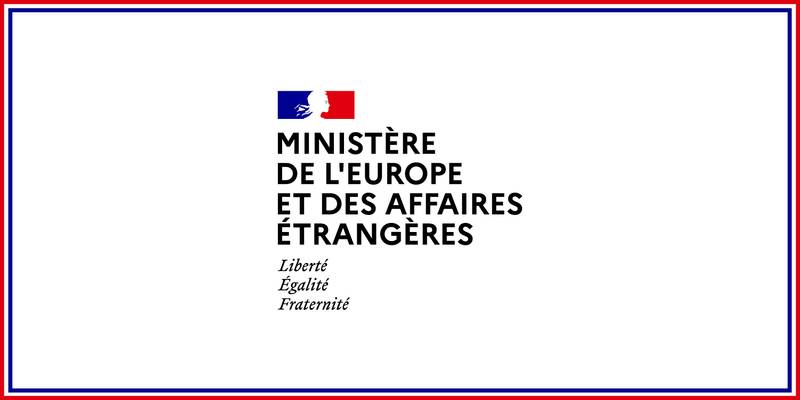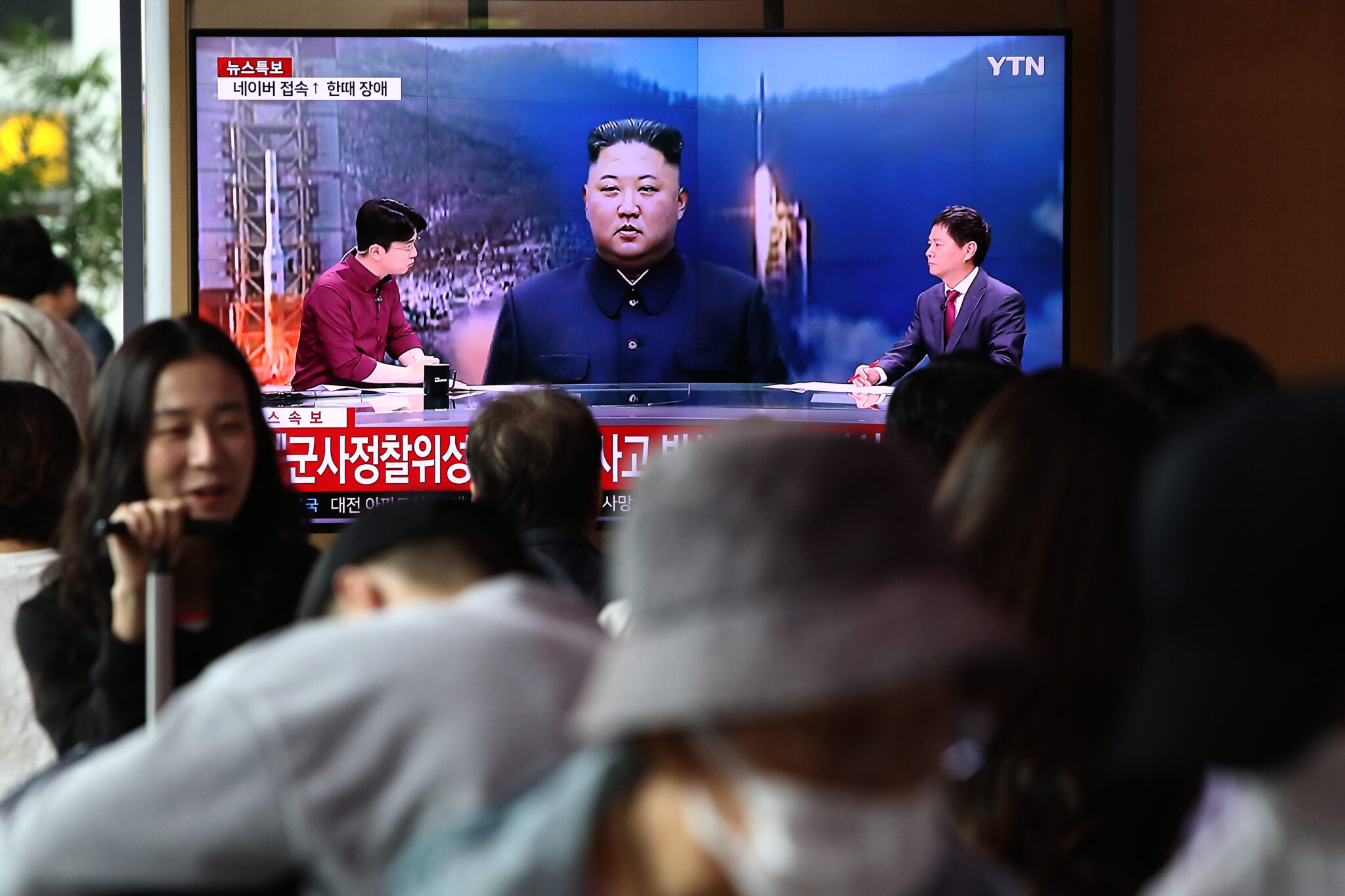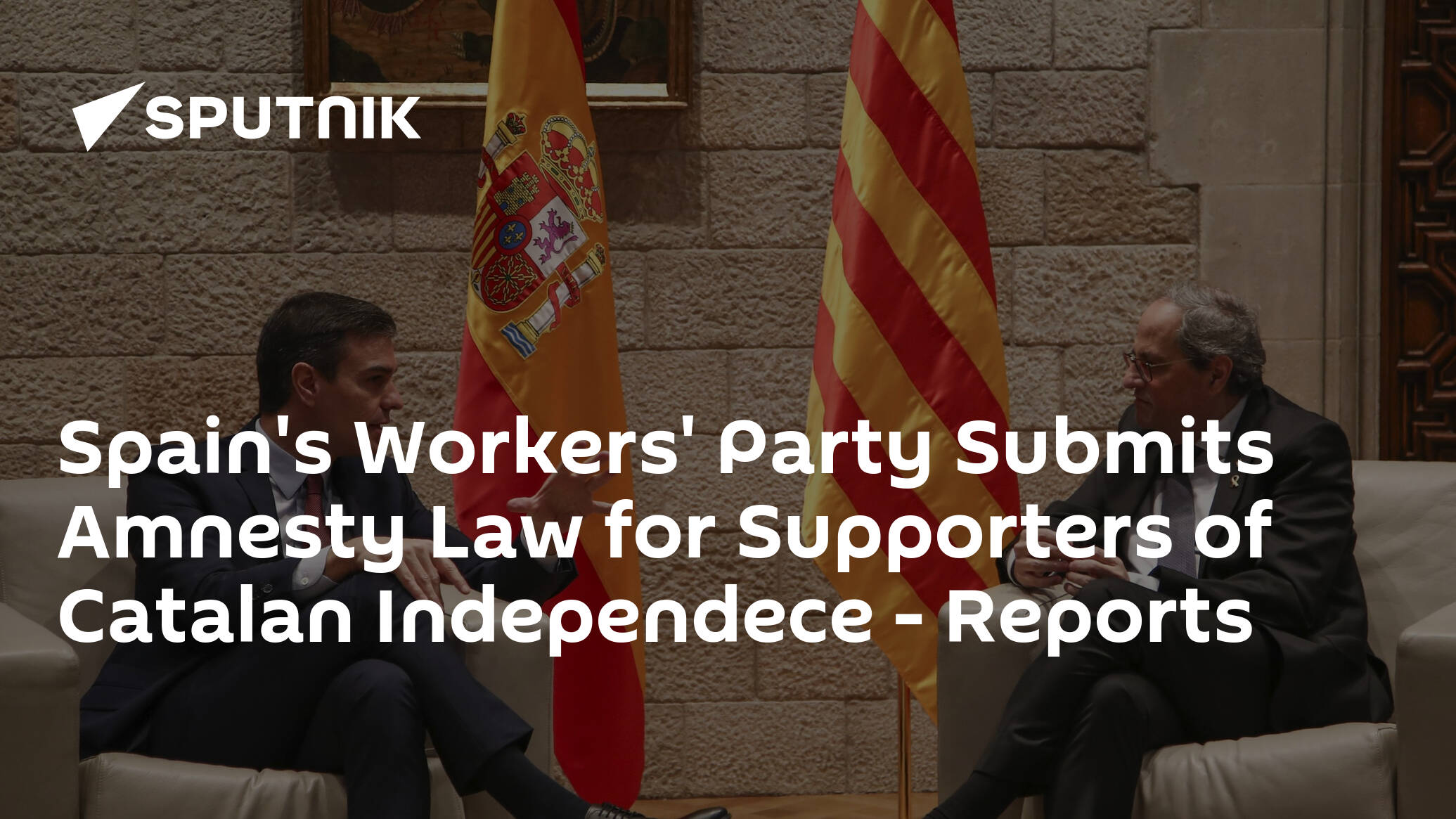[ad_1]

The former leader of Fatah in Gaza, Mohammed Dahlan, has been living in exile in the United Arab Emirates for the past 10 years, where he has become a successful businessman. Born in the Palestinian coastal enclave, Dahlan is a powerful financial force in Gaza and an influential figure in the wider region – if Hamas fell, could he return to power?
Gaza’s former strongman Mohammed Dahlan has now spent more than a decade in exile in the UAE but rather than fade from the spotlight, he has amassed a new kind of power as a businessman and adviser to President Mohamed bin Zayed al-Nahyan.
Despite his long absence from the Palestinian Territories, Dahlan is still thought of as a potential leader in Gaza – if Hamas were removed from power.
“Mohammed Dahlan is from Gaza and is one of the heroes of the first intifada [the Palestinian uprising aimed at ending Israeli occupation in Gaza and the West Bank in 1987 to 1993],” said FRANCE 24’s correspondent in Israel, Stéphane Amar.
“He has support from Israel and support from the United States – but the question is whether he will be able to impose his power. There are multiple options on the table if Israel were to succeed in ousting Hamas from the Gaza Strip.”
“Dahlan is compatible with Israel,” added Frédéric Encel, professor at Sciences Po in Paris and specialist in the geopolitics of the Middle East. “He was one of the first [Palestinian leaders] to accept the two-state solution and to stop calls for violence.”
Dahlan was involved in negotiating the Oslo Accords in 1993 – an aborted peace settlement between Israel and the Palestine Liberation Organization – and attended talks with Israel while he held positions in the security services.
But his relationship with Israel did not please all Palestinians, Encel said, and the former leader never attained the popularity of figureheads such as Marwan Barghouti – dubbed “the Mandela of Palestine”.
Barghouti (ex-leader of Tanzim, the paramilitary faction of Fatah founded by Yasser Arafat in 1995) has been imprisoned in Israel for more than 20 years, serving several life sentences after being convicted of masterminding suicide bombings in Israel.
Read moreCan Marwan Barghouti, the ‘Palestinian Mandela’, bring peace to Gaza?
Allies and enemies
Dahlan also spent a large part of the 1980s in Israeli prisons, being arrested 11 times for his leading role in a Palestinian political party, Fatah. While in prison in Israel, he learned to speak fluent Hebrew, according to The Economist, which ran an interview with the former leader in October.
Even if Dahlan does not have the public profile of Barghouti, he possesses other tactical assets, notably his contacts on all sides of the conflict.
Born in Khan Younis in the southern Gaza Strip, he grew up alongside many current Hamas leaders before becoming a fierce opponent of the Palestinian Islamist movement. As head of Gaza’s preventive security force (1994-2002), he was accused of torturing Hamas members.
He has a similarly complex relationship with Fatah. Dahlan was the Palestinian Authority’s security adviser when it lost control of the Gaza Strip to Hamas in 2007. Formerly a leading figure in the movement, he faced opposition from within the party, especially from the inner circle of Palestinian Authority president Mahmoud Abbas.
Abbas ordered Dahlan into exile in 2011 after making various accusations against the Gazan politician including embezzlement and plotting an internal coup against Abbas, which Dahlan denied.
Dahlan was convicted in absentia on corruption charges by a Palestinian court in 2016.
Read moreCan the Palestinian Authority lead a post-Hamas Gaza Strip?
An influential network
In exile in the United Arab Emirates, Dahlan reinvented himself as a successful businessman, building an impressive international network of friends in high places. He has found a role as the protégé of the ruler of Abu Dhabi, whom he has known since 1993, and who has presented Dahlan in public as his “brother”.
During his time in the UAE, Dahlan has also forged a relationship with Egyptian President Abdel Fattah al-Sisi over a shared enemy: the Muslim Brotherhood, an Islamist group of which Hamas is the outgrowth and Palestinian branch.
“The Emirates turned Dahlan into their sub-contractor in the fight against the Muslim Brotherhood,” an anonymous source told a Palestinian journalist for Le Monde in 2017. “Of all the second-generation Palestinian leaders, [Dahlan] is the one that has the most contacts in high places in the region. He has built a far-reaching network.”
The French newspaper revealed in its article that the Palestinian politician has become the holder of a Serbian passport gifted by Serbian President Aleksandar Vucic for Dahlan’s “good services” after the UAE landed lucrative contracts in the Balkan country.
Le Monde suggested than Dahlan may also have played a role in the possible delivery of Emirati arms acquired in the Balkans for military strongman Khalifa Haftar, whose forces dominate eastern Libya.
$50 million per year for Gaza
Thanks to the patronage he has received in the UAE, Dahlan has also developed a business portfolio that allows him to distribute extensive aid within Gaza.
He claimed to have sent around $50 million annually from the UAE to Gaza in his interview with The Economist, and to have set up a support network for refugee camps in the West Bank.
Dahlan’s good relations with Egypt have enabled significant crossings at the Rafah border, such as in 2015 when Egyptian authorities allowed his wife Jalila to enter Gaza with suitcases filled with cash for a UAE-funded mass wedding for couples in financial need.
In recent years, Dahlan has used UAE funds to distribute food, student loans and unemployment support in Gaza, as well as delivering thousands of Covid vaccines in 2021 – more than the Palestinian Authority itself.
New Palestinian leadership
Even though he lives overseas, Dahlan remains a powerful figure in Gaza. The UAE is also influential and will have a significant role to play when the time comes to rebuild Gaza, Encel said.
“If Hamas is defeated, it is not Qatar – which has close ties to the Islamist group – that will rebuild Gaza. Abu Dhabi holds one of the keys, and if Hamas is destroyed it will have a say in who the successor is,” Encel said.
Despite hinting in the past that he could run for Palestinian leadership, Dahlan denied he wanted the role when asked by The Economist in October.
Instead, he advised “a two-year transitional period with an administration run by technocrats in Gaza and the West Bank” to reunify Palestine, followed by parliamentary elections open to all parties including Hamas.
“Hamas will not disappear,” he said, adding that even after the war governance in Gaza would require working with the militant group.
A newly elected government could be supported by Arab states such as Egypt, Jordan, Qatar, Saudi Arabia and the UAE, but would also need to be supported by the wider international community, including Israel, he said.
Dahlan remained optimistic such a solution was possible, saying the past month of fighting had reignited discussion around the Palestinian cause, ending a period of “zero hope”.
Even so, his vision for the Palestinian Territories clashes directly with that put forward by Israel.
Prime Minister Binyamin Netanyahu told US network ABC on November 6 that Israel planned to maintain security responsibility in Gaza “for an indefinite period”.
“We’ve seen what happens when we don’t have it,” Netanyahu said. “When we don’t have that security responsibility what we have is the eruption of Hamas terror on a scale that we couldn’t imagine.”
This article is an adaptation of the original in French.
[ad_2]
Source link


























